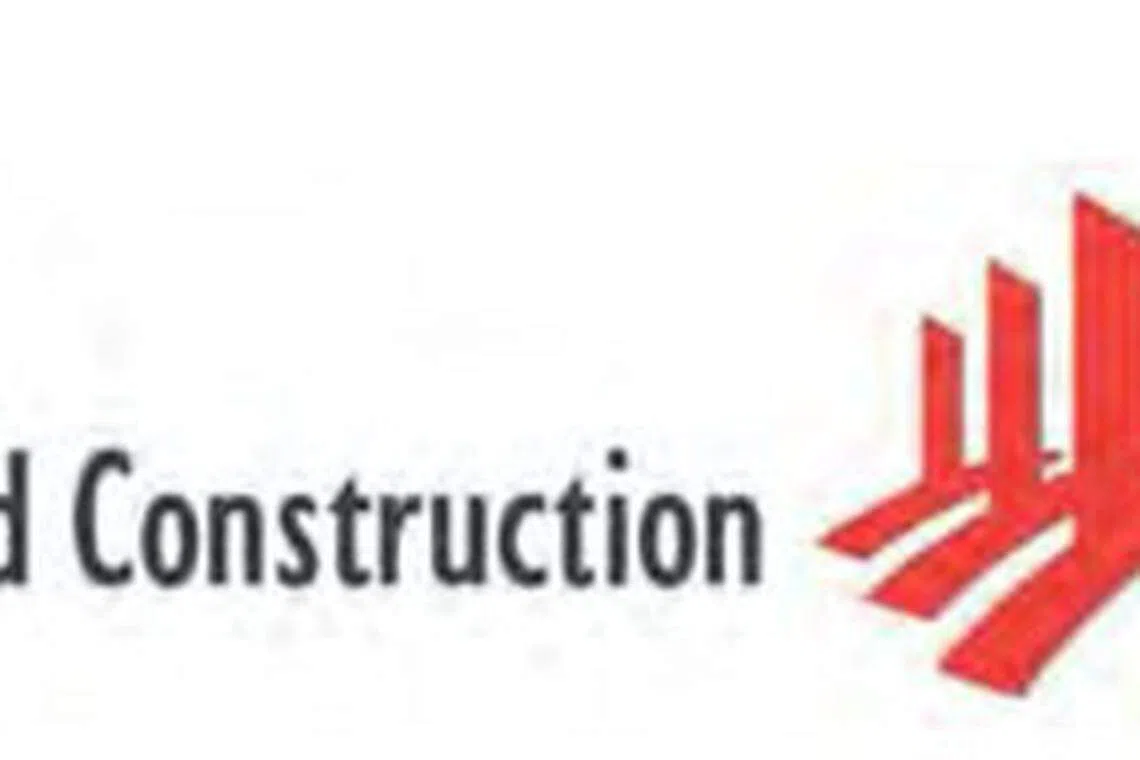Going off-site to boost productivity
Singapore is banking on the adoption of labour-efficient technologies such as prefabrication and mechanisation in factories that will help eliminate waste and inefficiency in the construction sector.
AS Singapore's construction industry moves to ramp up its productivity, regulators are pushing for greater adoption of labour-efficient technologies that allow more work to be done off-site.
For instance, advanced techniques such as Prefabricated Pre-finished Volumetric Construction (PPVC) are being used to build an entire room from scratch - complete with internal finishes, fixtures and fittings - in a factory, before being transported to a construction site for installation.
PPVC and other prefabrication technologies are part of a construction approach known as Design for Manufacturing and Assembly (DFMA), which aims to eliminate waste and inefficiency in the design and manufacturing processes in the construction sector. Driving more firms to adopt DFMA is one of the key thrusts of the government's second Construction Productivity Roadmap that was unveiled earlier this year.
"With a higher degree of prefabrication and mechanisation, we can not only build faster and achieve higher quality, our construction sites will also generate less noise and dust," said Desmond Lee, then-Minister of State for National Development at the Singapore Contractors Association Limited annual dinner in September.
"We are making a strong push for DFMA. For instance, the adoption of high-impact productive technologies is now a condition under the Government Land Sales (GLS) programme for selected residential GLS sites."
The authorities will also give increasing weightage to productivity when evaluating tenders for government construction projects, he added.
Navigate Asia in
a new global order
Get the insights delivered to your inbox.
DFMA and other game changing technologies for the construction industry will be discussed at the Build Smart Conference at Singapore Construction Productivity (SCPW) 2015. Hosted by the Building and Construction Authority (BCA), SCPW 2015 aims to facilitate discussions to fundamentally change building methods and improve collaboration in the construction value chain, so as to reduce the built environment sector's reliance on foreign workers.
To help in this effort, BCA is setting aside S$450 million to support firms that adopt impactful construction technologies such as the DFMA, and to train and upgrade workers to keep updated with technological advancements. The authority is also establishing an eco-system and developing new training courses for DFMA.
Groundbreaking facility
One major initiative to encourage the use of DFMA is an Integrated Construction and Prefabrication Hub (ICPH) that was officially opened in September.
Built by the SEF Group, the ICPH is a factory that will reduce the amount of manpower needed to build precast components. Known as the SEF SpaceHub, the facility at Kaki Bukit features systems that can read data, transport moulds and distribute concrete evenly with minimal manual labour. This will cut the number of workers needed by up to 70 per cent, said Raymond Chan of SEF Group, who is the building's project director.
The facility is two to three times more productive than open precast yards, as work can go on non-stop and several processes can be carried out at the same time. Mr Chan said that having a reliable supply of precast components would lower the operating costs for construction firms.
SEF Group won the first land tender by BCA for the development of the hub in 2013. Since then, BCA has launched three more land tenders for the development of ICPHs. Another ICPH site, also at Kaki Bukit, was awarded to Straits Construction and is expected to be operational in the second half of 2016. The government also recently awarded the third public land tender for ICPH development to Soil-Build and the fourth ICPH tender is ongoing.
The aim is to have about 10 ICPHs operational by 2020, revealed then-Senior Minister of State Lee Yi Shyan at the SEF SpaceHub opening ceremony. "Together with other precast yards in the region, we are confident of meeting the industry's demand in the years ahead," he said.
He noted that the government's efforts to raise productivity in the construction sector is already showing results. Site productivity has improved at an average of 1.4 per cent per year over the last four years. In 2014, the sector achieved a 2 per cent improvement.

Copyright SPH Media. All rights reserved.



